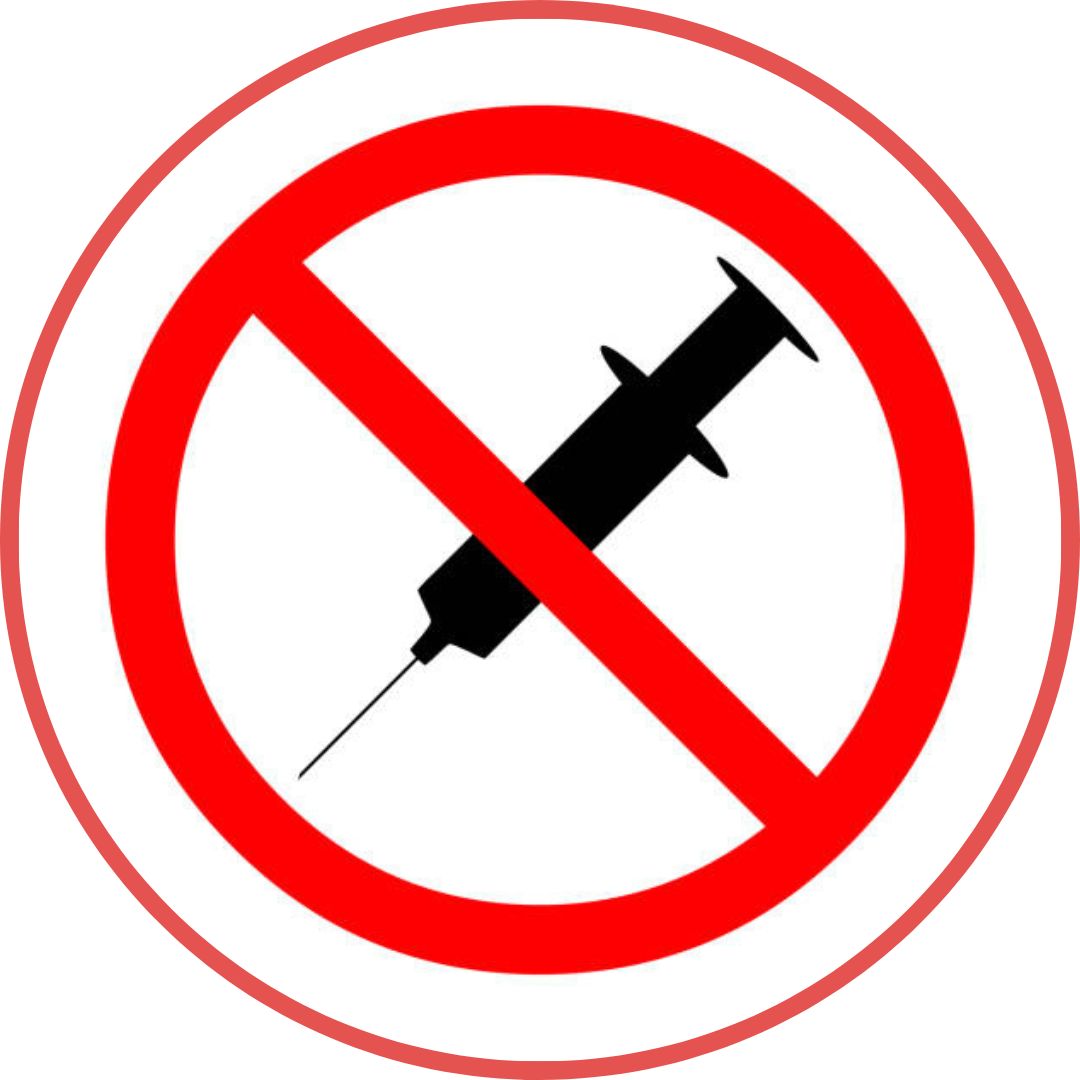Anti vaccine refers to a movement or stance opposing the use of vaccines, often based on concerns about vaccine safety, effectiveness, or ethical issues. The anti-vaccine movement has gained significant attention in recent years, particularly in the context of the COVID-19 pandemic, where vaccine hesitancy has posed challenges to public health efforts.
The anti-vaccine sentiment is fueled by a variety of factors, including misinformation, distrust in pharmaceutical companies and government institutions, and the spread of conspiracy theories. Some people in the anti-vaccine movement believe that vaccines cause serious side effects, such as autism—a claim that has been thoroughly debunked by scientific research. Despite overwhelming evidence supporting the safety and efficacy of vaccines, the anti-vaccine movement continues to influence public opinion, leading to lower vaccination rates in certain communities.
This movement is not new; it has roots in historical skepticism towards vaccination dating back to the introduction of the smallpox vaccine in the 19th century. However, the rise of social media has amplified the spread of anti-vaccine rhetoric, allowing misinformation to reach a wider audience quickly.
The consequences of the anti-vaccine movement can be severe, leading to outbreaks of preventable diseases such as measles, polio, and whooping cough. Public health organizations, governments, and medical professionals continue to combat vaccine misinformation and promote the benefits of vaccination through education and outreach efforts.
No results
No result found for your request.
Sorry, but no results found for your request. Please try different category or search.
Go to Home Page











